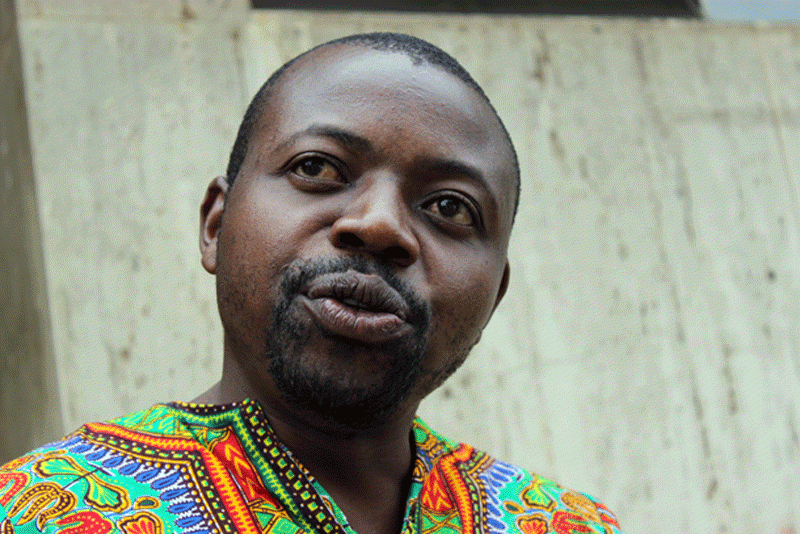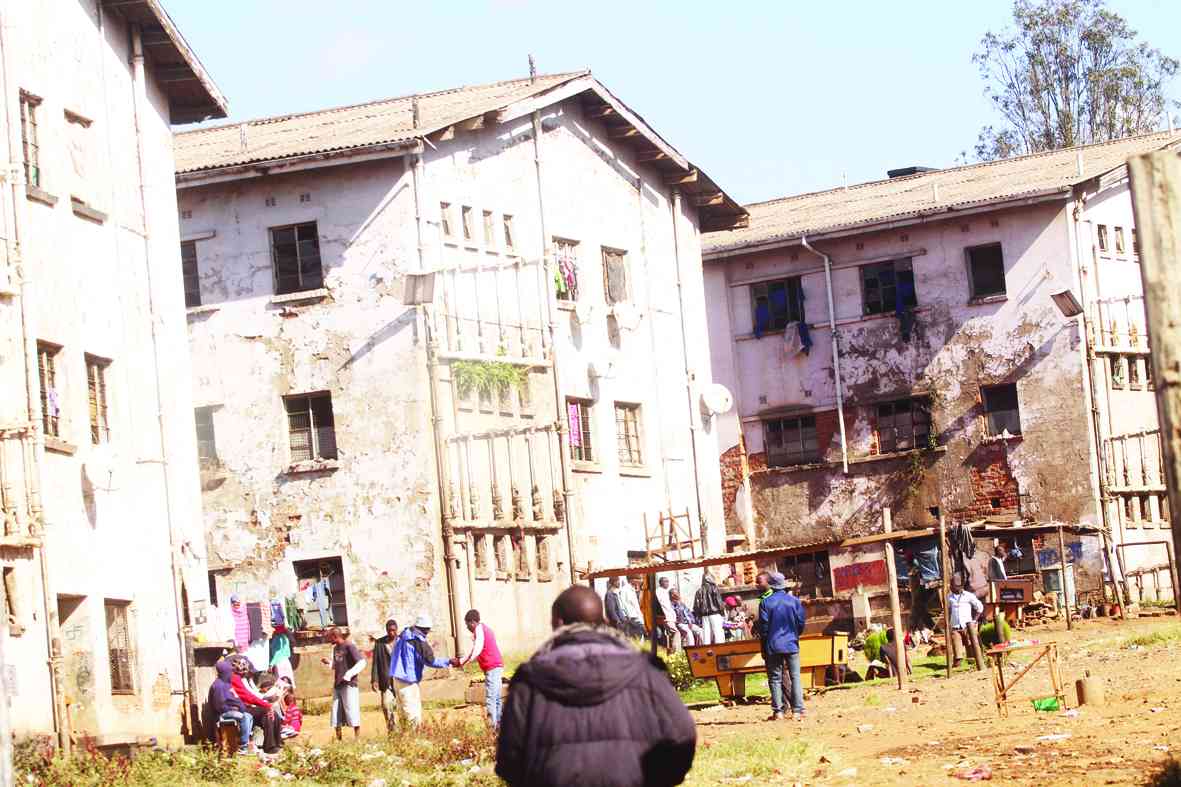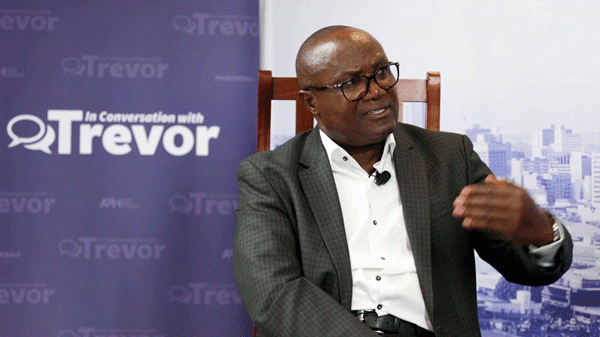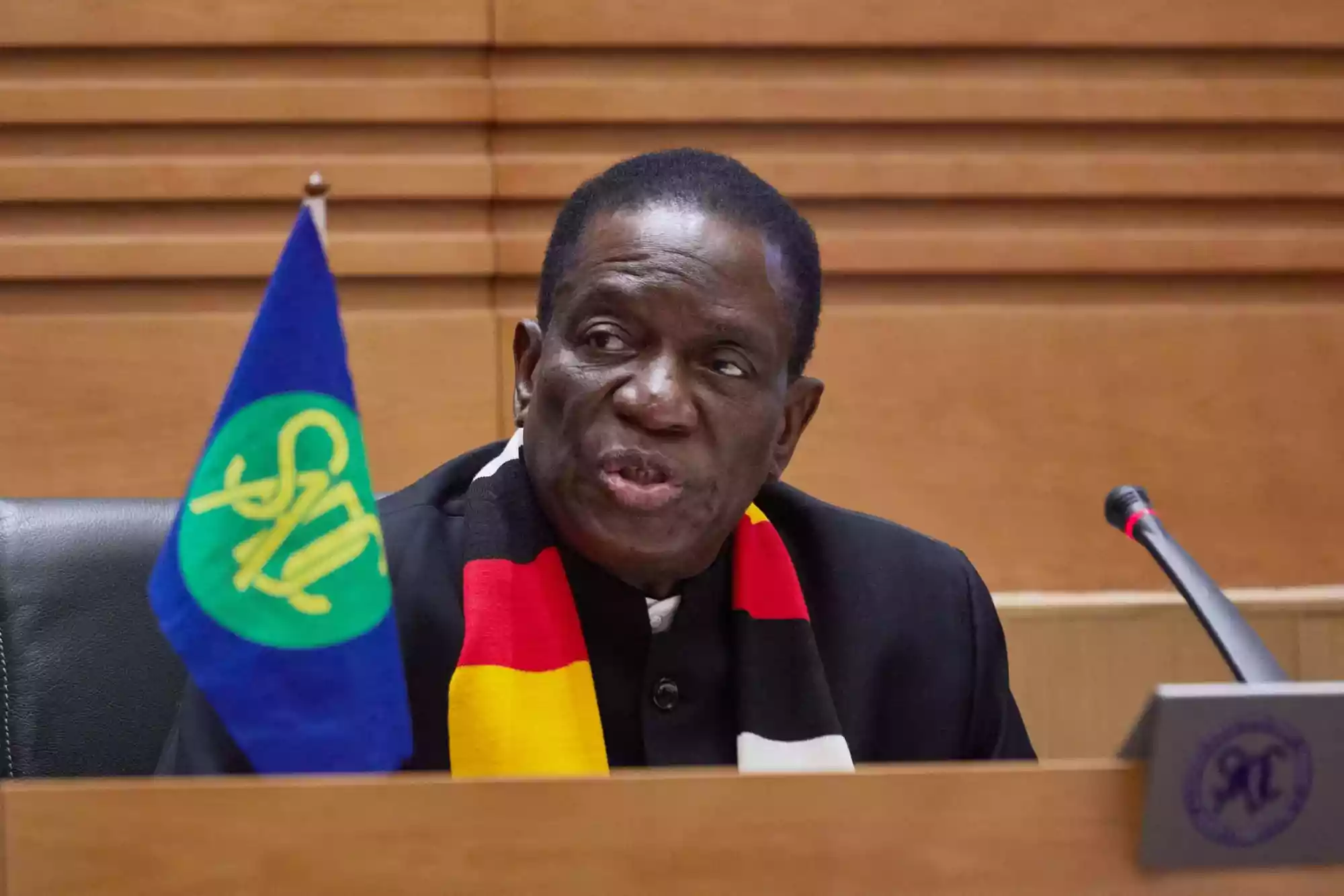
PRESIDENT Emmerson Mnangagwa’s recent decision to raise the pensionable age limit for personnel in the security sector and civil servants is a sign of the tumultuous times bedevilling the country, NewsDay has established.
As of January 1, 2025, Mnangagwa extended the pensionable age for civil servants and uniformed forces in Zimbabwe by at least five years to 70.
Other changes to retirement age in Zimbabwe saw regular soldiers eligible to retire at 55, up from 50, extending their service to 60 or 65. Commissioned officers are now eligible to retire at 65, but can serve until 70.
The changes were announced in Statutory Instrument 197 of 2024, which was dated December 30, 2024.
The Public Service Commission made the amendment in accordance with section 31 of the Public Service Act.
The ministries of Finance, Economic Development and Investment Promotion and Public Service, Labour and Social Welfare concurred with the change.
Opposition politicians and critics this week accused Mnangagwa of wanting to leverage on the announcements to seek favour with the establishment as loyalists push for the extension of his tenure beyond 2028.
Mnangagwa has, however, insisted that he will retire from active politics and rest although his pronouncements have not stopped his supporters from calling for a constitutional amendment to extend his tenure.
- State weaponising law against civil society, CCC
- We’re under siege, says Chamisa
- Mnangagwa under fire over crackdown
- The Mugabe years are back
Keep Reading
In an interview with NewsDay, top lawyer Thabani Mpofu said the move “is a ploy to solidify President Emmerson Mnangagwa’s 2030 agenda”.
“He first granted the Judiciary Service Commission the privilege of extending its tenure in office and now the favour has been extended to the securocrats,” Mpofu said.
“Remember, they are the ones who put him in power and now with the extension it will be very difficult for them to hinder his further stay in power.”
He said possibilities were high that Parliament would receive the same favour, a recipe for disaster as the three arms of the State will now be under duress.
Amalgamated Rural Teachers Union of Zimbabwe president Obert Masaraure said they were mobilising their members to march against the policy shifts.
He said in the absence of co-ordinated resistance, Mnangagwa’s regime had become notorious for unilaterally making anti-poor policy decisions.
“Citizens are still to come to terms with Mthuli’s anti-poor budget which pledges to squeeze the last dollar from the poor and deliver hot air in return.
“On age limit Artuz calls for a national protest on January 14, 2025, rejecting the nonsense. The government looted pension funds and now they want to force us to work to the grave. We won’t accept that,” Masaraure said.
He said it was unreasonable to raise the pensionable age-limit, while salaries remained stagnant.
“Underpaid civil servants got more promises of salary increments than the increment itself. At the close of the year salaries still remain at a paltry US$300.
“The underpaid civil servants are now heavily in debt and over 90% hardly take home US$200. Shockingly, as poverty levels shoot through the ceiling, the ruling elite and the politically exposed seem to be accumulating more wealth. Citizens should be forgiven for wishing colonialism back.
“Unfortunately the nightmare of Mnangagwa’s leadership appears to be set to last longer than the Constitution anticipated and, of course, what citizens had budgeted for.”
Masaraure expressed fear that the agenda to extend Mnangagwa’s term in office could be forced on the citizens, but called for total rejection of the unconstitutional raising of the pensionable age limit.
However, National Constitutional Assembly leader Lovemore Madhuku said there was nothing amiss with the changes.
“The raising of the pensionable age, it’s not bad inherently as it will not affect much. It is not mandatory. People who still want to retire at 65 will be allowed to do so, because there is an option of doing that but if, in case, people were fit and able to continue to work, it wouldn’t affect much because people would still be dying,” he said.











